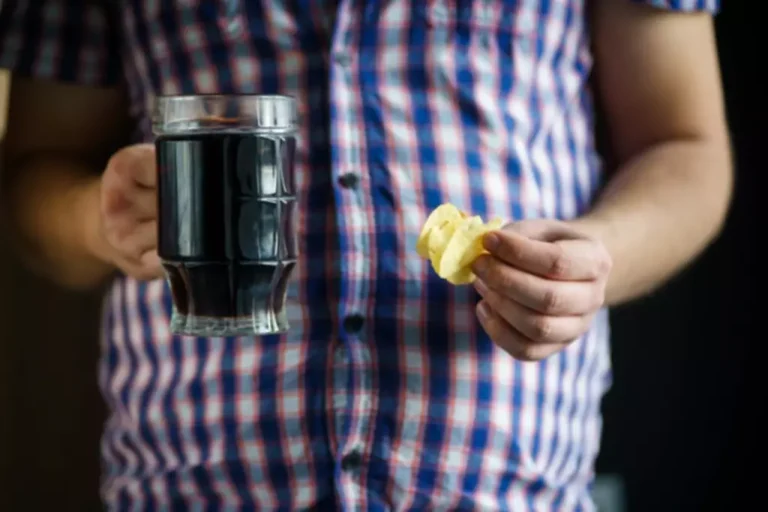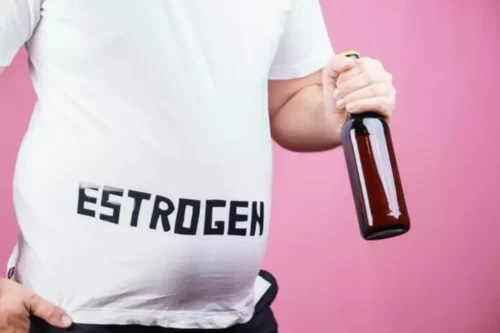
In conclusion, alcohol does have a blood-thinning effect, but it’s not the same as the effect of medications like aspirin or warfarin. While moderate alcohol consumption may be safe for most people, excessive alcohol consumption can lead to dangerous levels of blood thinning and other negative health effects. Yes, alcohol can thin your blood, but the way it does so is more complex than it might seem at first glance. While drinking alcohol does not directly act as a blood thinner, it interacts with blood thinners and impairs the blood’s ability to clot properly, making it less sticky and more prone to excessive bleeding. This interaction is particularly concerning for individuals on blood thinner medications, as it can significantly increase the risk of bleeding. Additionally, alcohol thin effects can complicate these interactions.
Heart Disease Risk
This antioxidant may reduce harmful cholesterol levels and minimize the risk of blood clots. Always ask your doctor if it’s safe for you to consume alcohol while taking blood thinners. If you must drink alcohol while taking blood thinners, drug addiction treatment do so in moderation. Blood thinners may interact with alcohol as well as certain other medications, foods, and dietary supplements. For example, the NIAA advises that drinking alcohol while taking warfarin, which is a blood thinner, can have adverse effects. Consuming alcohol will thin your blood, making you more susceptible to heavy bleeding or bruising if you experience an injury.
- While drinking a glass of wine or two a day may not present any risks, having more than three alcoholic drinks daily could increase your risk for a stroke caused by hemorrhaging.
- If you are taking blood thinners or have any concerns about alcohol’s potential impact on your health, it is highly recommended to consult with a healthcare professional.
- It’s important to consult with a healthcare professional or addiction specialist to determine the most suitable treatment approach.
- The effects of alcohol consumption on blood pressure and heart rate can last up to 13 hours after drinking, and its effects on heart rate can last up to 24 hours after drinking.
- That said, some studies have found that low to moderate consumption of alcohol is generally safe for people on blood thinners.
Opioid Detox Timeline
This can result in prolonged bleeding and difficulty in stopping bleeding when injuries occur. Although alcohol does not act as a blood thinner, it can still have an impact on blood clotting. Excessive alcohol consumption can disrupt the normal functioning of the blood clotting process. It is advisable to avoid drinking beer while on blood thinners because it can increase the risk of bleeding. Beer can impact blood clotting by diminishing platelet function and modifying clotting factors, potentially resulting in an increased risk of bleeding. Managing alcohol intake while on blood thinners requires careful consideration and medical supervision.
- Combining beer with blood thinners can significantly increase the risk of bleeding.
- Beer, like other alcoholic beverages, can interfere with your blood’s clotting ability, which might increase bleeding risks.
- Surgeon General issued an urgent health advisory, ranking alcohol as the third leading cause of cancer, right after tobacco and obesity.
- Support services for alcohol dependence can provide necessary resources and guidance.
Can alcohol interact with blood-thinning medications?
Consulting with a healthcare provider helps to understand specific risks and receive personalized advice on alcohol intake. If you drink to excess on a regular basis, you run the risk of excessive bleeding or even a bleeding stroke, even if you stop taking your blood thinners for a time. Additionally, some medications, such as Coumadin (warfarin), interacts badly with alcohol. On the minus side, drinking too much can lead to strokes from blood clots breaking off and traveling to the brain, hemorrhagic (bleeding) strokes, high blood pressure, and even heart attacks.
Can You Drink Alcohol While on Blood Thinners?

Warfarin wears off slowly, which is why if you are having a procedure or an operation, you may be asked to stop the drug several days beforehand. Some patients require coverage with another medication when they stop warfarin, especially if they are at higher risk for clots. Regular blood tests — known as a PT INR — are needed to check this level. If your dose is too high, it can lead to severe bleeding, especially in the digestive tract, Ko says. If the dose is too low, the medication won’t be effective at preventing clots.

Prevention
- According to research, having one or two drinks infrequently is considered safe.
- Additionally, we will provide tips for reducing the risks of blood thinning from alcohol and clarifying common misconceptions about this topic.
- The research suggests that aged garlic extract delivered the most benefits, though results were achieved with all formulations involved.
- For decades, alcohol was sold as a social aid, a stress reliever and even a heart-health enhancer, often praised in the Mediterranean diet for its supposed benefits when enjoyed as a daily glass of wine.
Over time, the elevated calorie intake related to alcohol consumption can lead to obesity, a higher risk for developing diabetes, high blood pressure, and heart failure. Binge and heavy drinking may cause a stroke or sudden cardiac death as well. While alcohol may have blood thinning effects, it may also increase the risk of cardiovascular conditions and blood clots. Alcohol can cause blood vessels to constrict or narrow, reducing blood flow to various parts of the body. This constriction can potentially contribute to the development of conditions such as hypertension and peripheral artery disease.
Doctors prescribe two major types of medications to combat blood clots — antiplatelets and anticoagulants — and an estimated 8 million Americans take them. Binge drinking is when you drink a large amount (more than 6 units or 2 large glasses of wine) in a short space of time. It can cause significant spikes in blood pressure with repeated binge-drinking episodes leading to long-term increases in blood pressure. “Recent studies have identified specific mechanisms by which alcohol alters gamma-aminobutyric acid (GABA) and glutamate systems, explaining why anxiety often worsens after drinking,” says White.

Talking to Your Healthcare Provider
The blood is viscous, or thicker, and higher viscosity makes it more difficult for a fluid to flow; think of honey or thickened oil. When blood is thick enough not to flow easily, your heart has to work that much harder to move it throughout your body. Also, viscous blood is more likely to develop into clots in your veins and arteries. For men, this means having more than four drinks a day, and for women, this means having more than three drinks a day.
Not only that, some people experience an increase even after one or two drinks because their body processes alcohol differently. There are too many variables to make a blanket statement that alcohol is good for your blood pressure. Usually, this after three or more drinks are consumed in a single sitting. Abstain from alcohol while you are taking an anticoagulant or blood thinner.

Professional treatment at a rehab can offer a safe and supportive environment for detoxification and treatment, as well as therapy and counseling to address the root causes of addiction. Rehab can also provide strategies for relapse prevention and support during the recovery process. Seeking help can also improve overall physical and mental health, as addiction can have significant impacts on both. One of the risks of alcohol consumption is its potential to increase the risk blood thinners and alcohol of bleeding. Alcohol can interfere with the normal clotting process in the body, making it more difficult for blood to clot properly.

